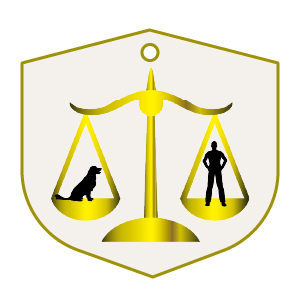What Is Dog Socialization?
Socialization is a crucial aspect of raising a well-behaved, confident, and happy dog. Proper socialization helps dogs adapt to different environments, people, animals, and experiences without fear or aggression. In this article, we’ll explore what dog socialization is, why it’s important, and how to socialize your dog effectively.
What Is Dog Socialization?
Dog socialization is the process of exposing your dog to various sights, sounds, smells, people, animals, and environments in a positive and controlled manner. The goal is to help them become comfortable and confident in different situations, reducing fear, anxiety, and aggression.
Socialization is most effective during a dog’s critical socialization period, which is between 3 and 14 weeks of age. However, older dogs can also benefit from socialization, though it may require more patience and consistency.
Why Is Socialization Important?
Proper socialization helps prevent behavioral problems and ensures your dog grows into a well-adjusted adult. Benefits include:
Reduces Fear & Anxiety – Dogs exposed to different experiences early are less likely to develop phobias.
Prevents Aggression – Well-socialized dogs are less likely to react aggressively to strangers, other dogs, or new environments.
Encourages Better Behavior – Socialized dogs are more adaptable and easier to train.
Improves Quality of Life – A confident dog enjoys outings, vet visits, and interactions without stress.
How to Socialize Your Dog
Start Early (But It’s Never Too Late!)
Puppies are most receptive between 3-14 weeks, but older dogs can still learn with gradual exposure.
Introduce New Experiences Gradually
Expose your dog to different stimuli in a controlled way:
-People** (men, women, children, people wearing hats/uniforms)
-Animals (other dogs, cats, birds)
– Environments (parks, busy streets, car rides)
– Sounds (traffic, vacuums, thunderstorms)
– Handling (grooming, vet exams, nail trims)
Use Positive Reinforcement
Reward calm behavior with treats, praise, and play. Never force interactions—let your dog approach new things at their own pace.
Enroll in Puppy Classes
Structured puppy classes provide safe socialization with other dogs and people while reinforcing obedience training.
Avoid Overwhelming Situations
If your dog shows fear (cowering, growling, hiding), remove them from the situation and try again later at a slower pace.
Common Socialization Mistakes to Avoid
Skipping socialization leads to fear-based behaviors.
Flooding (overexposing too quickly) – Can traumatize your dog.
Only socializing with other dogs – Dogs need exposure to humans, objects, and environments too.
Ignoring body language – Always watch for signs of stress (lip licking, yawning, tucked tail).
Final Thoughts
Dog socialization is an ongoing process that builds confidence and prevents behavioral issues. Whether you have a puppy or an adult dog, consistent, positive exposure to new experiences will help them become a well-rounded companion. Start early, take it slow, and make socialization a fun and rewarding experience for your furry friend!
🐾


